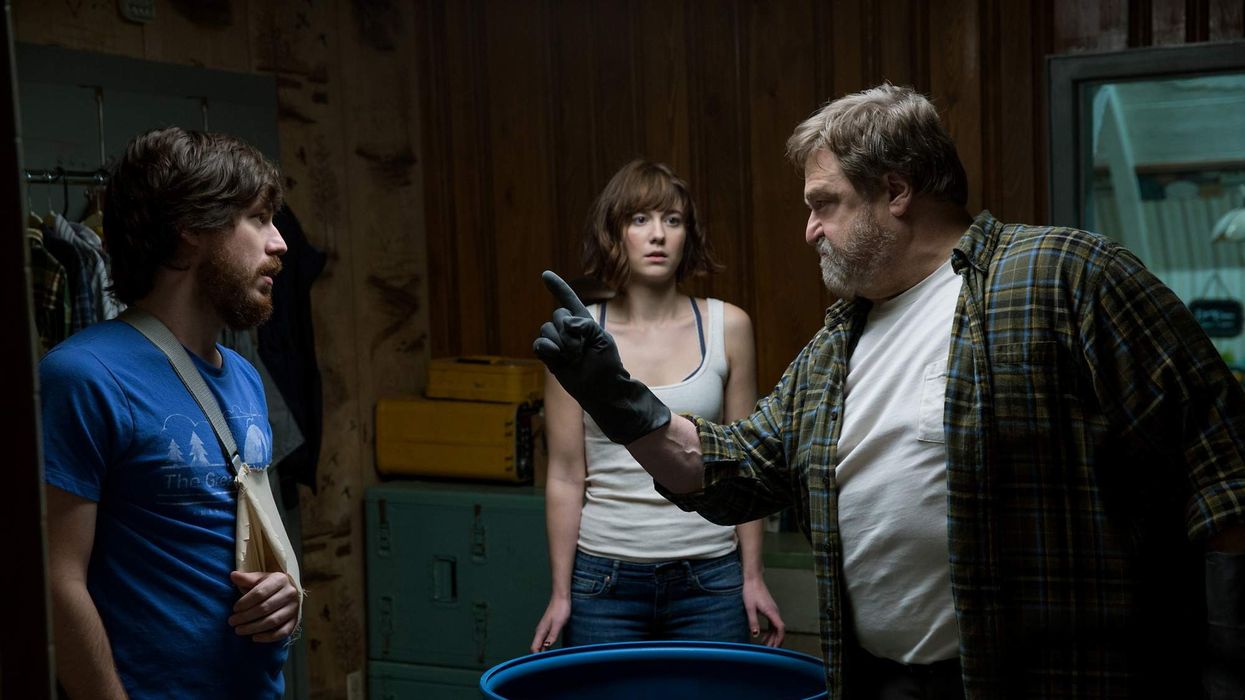You're going to make mistakes on every film you make, but your first project is unique in that you're probably making all of them within the same project. Those who have already experienced it know the struggle all too well. But learning about the countless errors other directors have made in their first films can help you avoid the ones you could make on your own, which is why you should definitely check out this video from Film Riot. In it, host Ryan Connolly talks with Dan Trachtenberg about his experience directing his first feature 10 Cloverfield Lane to learn about how the many mistakes he made actually helped him become a better filmmaker.
Trachtenberg shares a lot of great insight in the interview, but here are a few of our favorite pieces of advice:
- Don't sweat ADR: Yeah, you're probably going to use more ADR than you think, but trust me, if it's done well your audience won't even notice it.
- Be pitch perfect: Know your pitch and be prepared to give it (a lot).
- It's okay to laugh: Humor and tension go hand-in-hand. Try to infuse a bit of it before, after, or even during suspenseful scenes.
- Don't be rigid: Let your production plans be loose enough to make room for great ideas late in the game because that's often when they arise.
- It's normal to not be confident: Many of us struggle to have confidence in our abilities as filmmakers, but sometimes you realize you have talent and good instincts during production when you're really put to the test.
- Focus on the whole: Every scene should serve the story. Pay close attention to things like tone, performances, character arch in each scene to make sure they're informing the scene after it or are informed by the scene before it.
- Find your own path: Like many of us, Trachtenberg tried to model his career like his favorite filmmakers, but he says you'll soon find out that you'll feel more confident and experience more success if you allow yourself to follow your own unique path.
What is one piece of advice you'd give your pre-first film self? What are some mistakes first-time filmmakers should try to avoid? Let us know down in the comments.
Source: Film Riot












